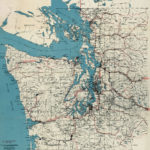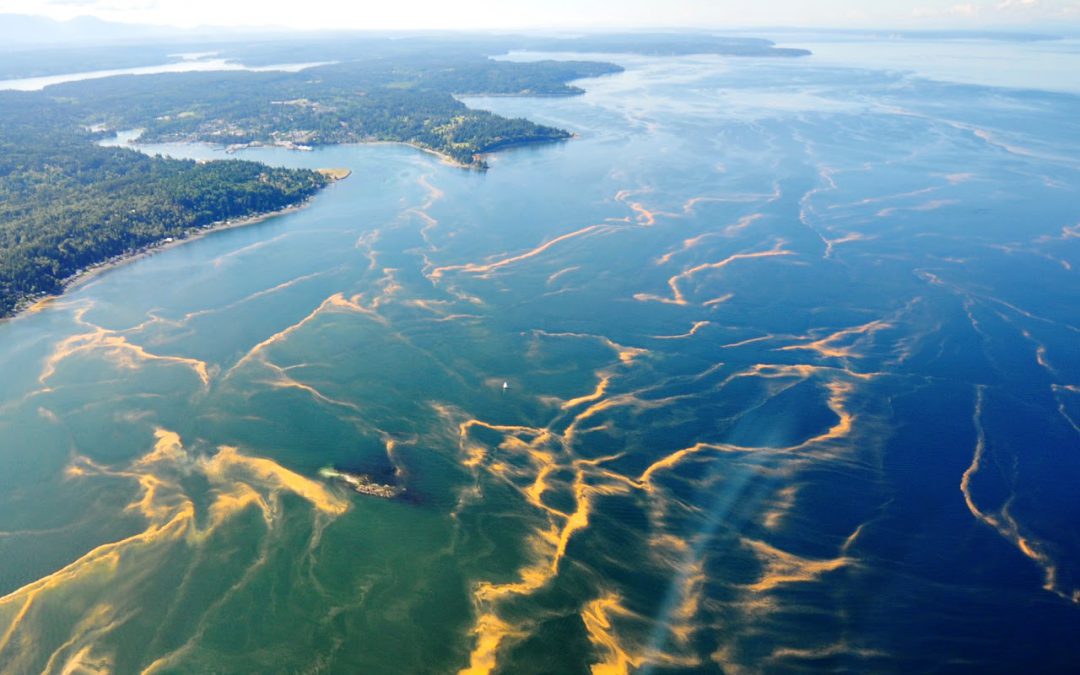Puget Sound Regulatory Breakdown: EPA asked to withdraw Permitting Authority from Washington State.
Asserting that a review of 103 permits to discharge water pollution to Puget Sound demonstrates a complete regulatory breakdown, Northwest Environmental Advocates (NWEA) asked the U.S. Environmental Protection Agency (EPA) today to withdraw Clean Water Act authorities from the State of Washington.
NWEA’s petition explains that federal Clean Water Act permits must be tailored to pollution levels in the water that receives the discharges. Based on the Washington Department of Ecology’s own extensive studies showing that nitrogen pollution is sucking the oxygen out of Puget Sound water and causing massive and increasing blooms of toxic algae and jellyfish, the agency is required to include nitrogen restrictions in discharge permits.
“Ecology determined that over 80 percent of the human sources of nitrogen in Puget Sound comes from cities and towns, but it continues to issue discharge permits as if it were completely ignorant of these facts,” said Nina Bell, Executive Director of NWEA. “It’s just flat out illegal to issue permits that contribute to harmful pollution levels. These permits are the walking dead, existing merely to create the impression that the state is doing its job to control water pollution when it is not.”
Nitrogen removes dissolved oxygen from water after being discharged and, as a fertilizer, it also feeds widespread algae blooms that, when dead and decaying, consume yet more oxygen. Oxygen dissolved in water is as important to aquatic life as it is to humans. Since 2011, Ecology’s Eyes Over Puget Sound (EOPS) program has tracked increases in algal blooms and explosions in jellyfish populations, both of which indicate poor water quality.
“It’s a mystery why Ecology spends millions of dollars studying Puget Sound when it refuses to use that information to cut back unsafe levels of pollution as the law requires and the public expects,” said Bell. “It’s equally a mystery why Washington State keeps saying that it will clean up Puget Sound by 2020 when it has done nothing to control either pollution coming 
Although the petition focuses on nitrogen, it also reminds EPA that restricting nitrogen discharges will help clean up toxics in the Sound. Bell pointed out, “EPA and Ecology have studied how removing nitrogen from discharges also removes toxic chemicals. This fact is a significant incentive to add pollution controls to sewage treatment plants instead of just talking about how the salmon and orca are sick and dying from toxic pollution.”
Bell added, “When Ecology discovered the Spokane River had excess pollution, it required Spokane pollution sources to install pollution removal technology. Ecology has long known Puget Sound also suffers from excess nitrogen pollution and it concluded years ago that cities and towns are the biggest contributors to the problem, but it routinely issues 103 permits with no nitrogen restrictions. Amazingly, Ecology continues to claim it will deliver a cleaner Puget Sound by 2020 by doing nothing except producing studies.”
In December 2016, NWEA filed a lawsuit against EPA and the National Oceanic and Atmospheric Administration (NOAA) seeking to force Ecology to control polluted runoff from so-called nonpoint sources, particularly in coastal watersheds such as those around Puget Sound.
Related Document Downloads
For other related documents visit our Puget Sound Document Library

